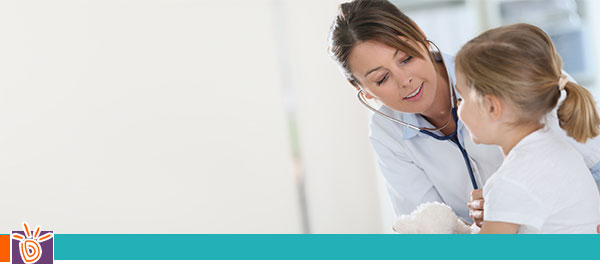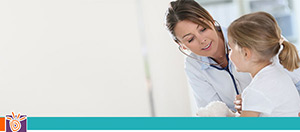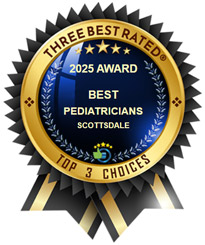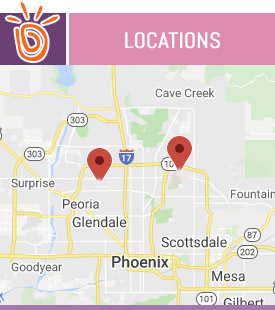Pediatric Mononucleosis (Mono) Treatment Specialist Q&A
Mono is a very contagious virus, any child who has the virus can easily spread it to others if not careful. Dr. Maria Nabong and her team of experienced pediatricians at KidsHealth Pediatrics can evaluate and provide effective treatments for mono. Call us today or book an appointment online. We have convenient locations in Scottsdale, AZ, and Glendale, AZ.




Table of Contents:
What is Mononucleosis (Mono)?
How does a kid get mono? and is it contagious?
What happens if a child gets mono?
How serious is mono in a child?
Mononucleosis is an infectious and very contagious disease. Mononucleosis is also commonly known in short as mono and is quite common among teens and young adults. EBV which is the Epstein-Barr virus is one of the most common causes of mononucleosis; however, other viruses can also cause mononucleosis, but Epstein-Barr virus is the most common of the viruses to cause the disease.
Viruses like mono are most commonly spread through bodily fluids, particularly saliva. They can also spread through blood, semen, organ transplants, and blood transfusions.
There is no vaccine available to prevent anyone from getting mono, but you can protect yourself from getting mono by not sharing drinks, food, or other personal items that may share bodily fluids like toothbrushes, and kissing.
To relieve symptoms of mono in children, you can help by providing plenty of fluids to keep the child hydrated, tons of rest to fight off the virus, and taking over-the-counter medications to help with their pain and fever.
Mono is quite contagious, and is known to the younger generation as the “kissing disease”. This viral infection causes sore throat and fever but does go away on its own after a few weeks of fluids and rest.
Most children are exposed to EBV at an early age, which is the Epstein-Barr virus. Infants, or young children that become infected with mono normally show mild symptoms or none at all. However, that all changes the older they get, once they reach their teen or young adult years, the symptoms often develop and define what mono is all about.
Children get mono easily, as it is shared from contact with saliva, or spit. While it can be spread through kissing, in children it is often spread through sneezing, coughing, or when a child shares something like a water bottle or an eating utensil that has their spit on it.
Once infected with mono, you carry the virus for life. Even when the symptoms stop, or if you have no symptoms, the virus remains dormant until it is woken up and finds its way into another individual’s saliva.
If a child starts to showcase the signs and symptoms of mono, it is best to visit our pediatrician Dr. Maria Nabong at KidsHealth Pediatrics for a diagnosis. The pediatrician will review for swollen tonsils, enlarged spleen, or liver, these are the most common signs of a mono-infection.
Mono can last in children on average of 2 to 4 weeks. Even after all of the symptoms have ceased, children may still feel quite tired and weak for a few months.
Signs and symptoms of mono in children usually show up around 1 to 2 months after they have already been infected with the virus. The most collective symptoms of mono include:
• Fever
• Sore throat
• Swollen glands in the neck
• Extreme fatigue
• Headaches
• Sore muscles
• Weakness
• Stomach pain
• Skin rash
• Loss of appetite
Mono is a common virus that many children get, it isn’t usually very serious and the symptoms will pass in a few weeks. However, you need to be aware that children can have an enlarged spleen which can rupture and cause pain or bleeding inside the stomach which will need emergency surgery. Depending on the severity of mono, your pediatrician may recommend your child to avoid contact sports for a bit, as well as any rough play, strenuous activities, and heavy lifting until the pediatrician give the OK. If your child is showing symptoms of mono, contact KidsHealth Pediatrics today. For more information, call us or schedule an appointment. We have clinics located in Glendale and Scottsdale, Arizona, to serve you well! We serve patients from Glendale AZ, Scottsdale AZ, Tempe AZ, Mesa AZ, Paradise Valley AZ, and Phoenix AZ.

Additional Services You May Need

Additional Services You May Need









